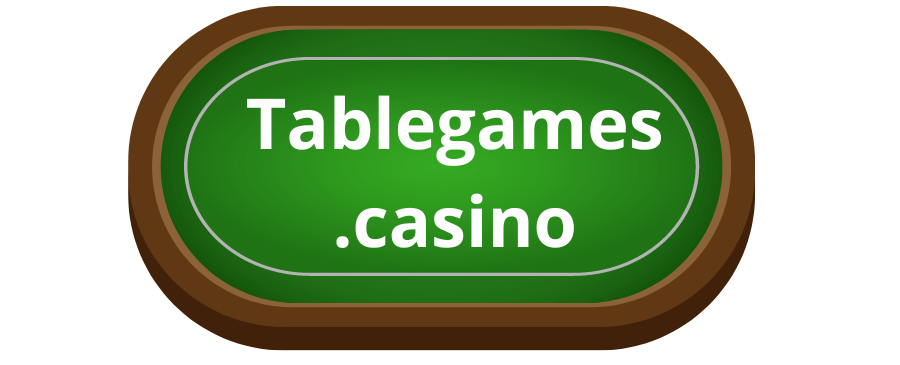Spanish 21 is a variant of BlackJack and is owned by Masque Publishing Inc. This is a gaming publishing company based in Colorado. Unlicensed, but equivalent, versions may be called Spanish Blackjack. In Australia and Malaysia, an unlicensed version of the game is played in casinos under the name ‘’Pontoon’’. Spanish 21 was first introduced into Nevada casinos in about 1995.
Rules Spanish 21
The game is played on a blackjack table with a custom layout and uses the following rules:
– The game is played with six or eight decks dealt from a shoe, or from a continuous shuffling machine. Spanish 21 is played with 48-card Spanish decks, which are standard 52-card decks with the 4 ten-spot cards removed. All cards have the same values as in blackjack.
– The dealer gets a hole card.
– Like traditional blackjack, the dealer hits on 16 and stands on 17. In some venues, the dealer hits on a soft 17, though most venues have the dealer stand on soft 17. Hitting soft 17 negatively impacts the player; that rule increased thehouse edge by 0.40%.
– Hitting, standing, and splitting all follow similar rules to blackjack. Doubling after splitting is always permitted, and, in most venues, players are allowed to draw as many cards as they wish after splitting aces, or may double down after receiving second or subsequent cards.
– Players can split to a maximum of four hands, even on aces.
– In most venues, if the dealer does not have blackjack, players may surrender, and get half their bet back in exchange for relinquishing the right to play on. This type of surrender is known as a “late surrender”.
– Players can surrender after doubling. The dealer takes the original bet, and the player retains the double portion of the bet. This is because the player is allowed to double down for less than the original bet.
– Once the initial two-card hands are dealt, if the dealer is showing an Ace or face card, he peeks underneath the hole card to check for a blackjack, before playing actually commences. If he has blackjack, all players automatically lose, unless they also have a blackjack
– The player may double down on any total and on any number of cards.
– In some casinos, players may double double down, or redouble up to two times after doubling down. For example: The player bets one unit and is dealt 2-3, giving a hand total of 5; the dealer is showing a 6. The player doubles the first time and draws a 3. The hand total is now 8 and the total amount wagered is two units. The player doubles a second time and draws a 3. The hand total is now 11 and the total amount wagered is four units. When the player doubles a third time on 11, the total amount wagered will be eight units. Redoubling is a profoundly player-advantageous rule, when optimally executed.
– A total of 21 always wins for the player. It never pushes against the dealer’s 21.
– A five-card 21 pays 3:2, a six-card 21 pays 2:1, and a 21 with seven or more cards pays 3:1. A 21 composed of 6-7-8 or 7-7-7 of mixed suits pays 3:2, of the same suit pays 2:1, and of spades pays 3:1. These bonus payouts apply even if the hand was the result of a split. However, doubling down negates these bonuses.
– A “super bonus” of $1000 for bets under $25, and $5000 for bets of $25 and over, is paid on a suited 7-7-7 against any dealer 7. All other players at the table receive a $50 “envy bonus”. Splitting or doubling down negates the “super bonus”.
– Blackjack always wins, and is always paid 3:2 regardless of whether or not the dealer has a blackjack.
– Insurance is paid 2:1, just like in blackjack, despite the fact that there are four fewer ten-valued cards per deck. As 3 cards in 12 are worth ten, the chance of the dealer getting a blackjack when showing an Ace is only 25%. Therefore, for insurance to be an even bet, it would have to pay 3:1, not 2:1. The house edge on the insurance is 24.7%, one of the worst of any wager in a casino.
Spanish 21 betting
The Spanish 21 game also offers their players a chance of side betting. This side betting is called Match the Dealer. By this game, the player wins the side bet if the rank of either or both of their initial two cards matches the rank of the dealer’s up card. If the cards match in both rank and suit, the player wins a bigger payout.
One of the bonuses in Spanish 21 is that the small cards are more valuable than they would be in traditional blackjack because of the bonuses for five, six, and seven card 21s. Therefore, the effects these bonuses would make card counting much less effective than Blackjack.
